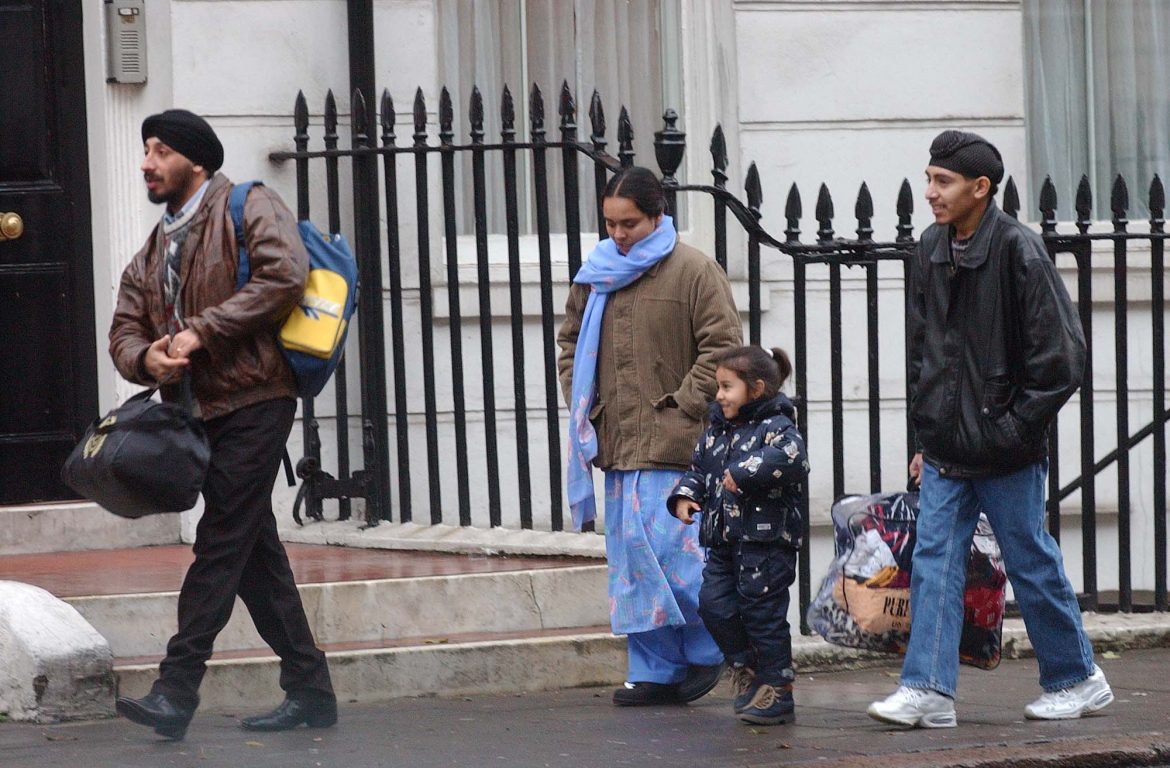Families who assisted the UK Government in Afghanistan and were evacuated from Kabul by the British Army when the Taliban took over, are now on the homeless housing register.
Recent changes introduced by the government limit the amount of time refugees can be housed in hotels and as a result, 20 families in Elmbridge are now registered as homeless.
Two hundred and thirty people, including 40 families and 130 children, were originally housed in a bridging hotel on the border of Kingston and Elmbridge borough councils, as part of the Afghan Citizens Resettlement Scheme.
The UK Government called this Operation Warm Welcome. Boris Johnson, the Prime Minister at the time, said: “We owe an immense debt to those who worked with the armed forces in Afghanistan and I am determined that we give them and their families the support they need to rebuild their lives here in the UK.”
Local charity ElmbridgeCAN has been providing emotional and practical support to help the refugees settle in the UK, such as organising English lessons and digital literacy sessions.
They also work in partnership with Elmbridge Council to find suitable permanent housing for families to move to.
When the families were evacuated to the UK in August 2021, many wanted to use their own contacts in England to help them find housing.
However, the Home Office told them that if they found their own house, then they wouldn’t receive the additional support offered by the government.
A Refugee Council report from August 2023 confirmed that this policy was the case for all Afghan refugees who were evacuated under the resettlement scheme and living in bridging accommodation.
The report states: “Afghan men, women and children followed this advice and waited. In this time not nearly enough offers of housing were made.”
Motivated evacuees were disincentivised from taking any initiative. “You could see how people’s spirits were slowly dying off,” said Hotel Project Lead for ElmbridgeCAN, Florendia Buckingham.
People living in the hotel faced many challenges. Some wanted to work as translators but couldn’t because private broadband and a permanent address was required. Many now work as Uber and Deliveroo drivers.
Teenagers found it difficult to fit in at the local schools due to language, cultural and health barriers.
Buckingham explained that if you are not eating well (because you don’t have access to the kitchen), and your neighbour is staying up until 3am, as well as being in a microcosm with people you wouldn’t normally live with, things add up and take a toll. Especially after a traumatic evacuation and having to leave loved ones behind.
The government set up a fund to help overcome private rental barriers, however, the fund was launched over a year and a half after the families were first placed in the hotel, despite the Home Office being told about these challenges in the first few months.
In May this year, the Home Office sent impersonal letters to each room of the hotel, giving the families three months’ notice to leave the hotel.
The July ElmbridgeCAN newsletter emphasised how many of the residents were having trouble coping.
“After two years of living in a hotel with their children, hoping every month to move out, many of the guests are still struggling with their imminent eviction by the Home Office, which ironically happens to be the same month they were forced to flee for their lives from Kabul two years ago, leaving close family behind.”
In July a violent incident occurred which put the hotel in the national headlines. It was widely reported that the hotel housed Afghan refugees.
Within hours, X (formerly known as ‘Twitter’) was filled with anti-immigrant Tweets and two days later a group of protesters gathered outside the hotel, causing additional stress to the families living there.
“That really threw everyone’s sense of safety inside their own home…There was already some bullying in the park. After this, it was even worse. We felt like we had made three steps forward, two steps back,” said Buckingham.
Once the additional funding was made available by the government, and with the practical support of Elmbridge Council housing team, 20 families were able to find permanent housing in the private rented sector.
The 20 remaining families are now on Elmbridge Council’s homeless housing register.
When asked if the Home Office could have managed the resettlement programme differently so that fewer Afghan families would now be homeless, the Department for Levelling Up, Housing and Communities said:
“The UK made an ambitious and generous commitment to the people of Afghanistan and we continue to do all we can to help Afghan families as they rebuild their lives here.
“We have now ended the use of bridging hotels used for people evacuated from Afghanistan, with 85% of families having moved into housing or been matched to a property.
“This followed a significant cross-government effort to help families find homes working closely with councils and third sector partners, backed by a generous package of wraparound support.
“We also provided councils with £750 million through the Local Authority Housing Fund to support Afghan households to move from hotels into settled accommodation.”
Both Elmbridge and Kingston councils are actively looking for private landlords able to make a property available for rent by an Afghan household.
Social infrastructure strategic planner, training for the NCTJ News Journalism qualification and publishing local news stories via the Kingston Courier.






